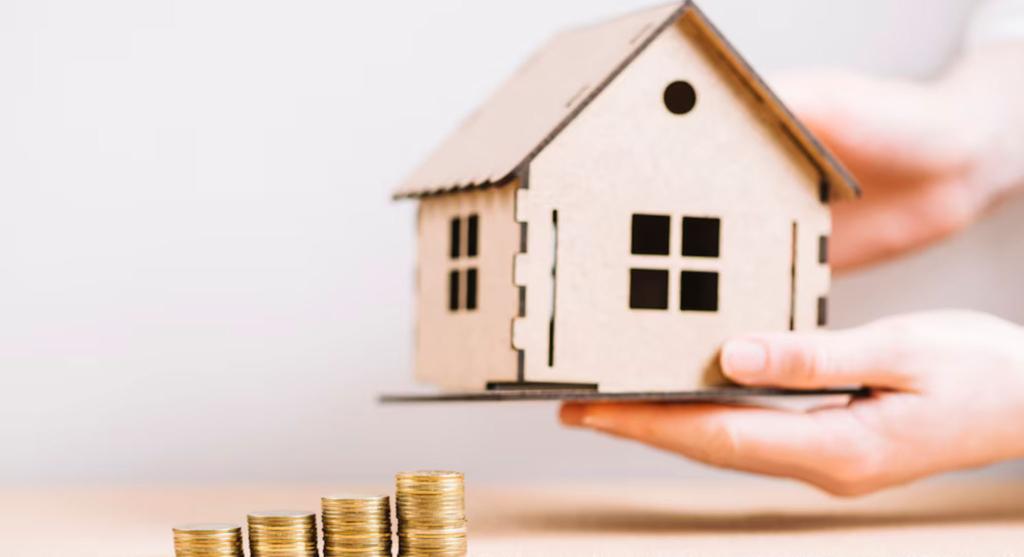Simply put, a reverse mortgage is a loan that enables homeowners who are age 62 or older to convert a portion of their home’s equity to the lender in return for cash. When choosing a reverse mortgage, the borrower will be given the option to receive cash value of the equity in the form of a lump sum or in monthly distributions. The loan is then repaid to the lender when the borrower or their heirs sell...
- Home
- Listing
- Property
- Single Property v1
- Single Property v2
- Single Property v3
- Single Property v4
- Single Property v5
- Single Property v6
- Property Layout Full Width
- Property Landing Page
- Single Property Tabs v1
- Single Property Tabs v2
- Property EU Energy Class
- Multi Agents
- Multi Units / Sub Lisitng
- Login to View Details
- Property Nav on Scroll
- Pages
- Elementor
- Searches




